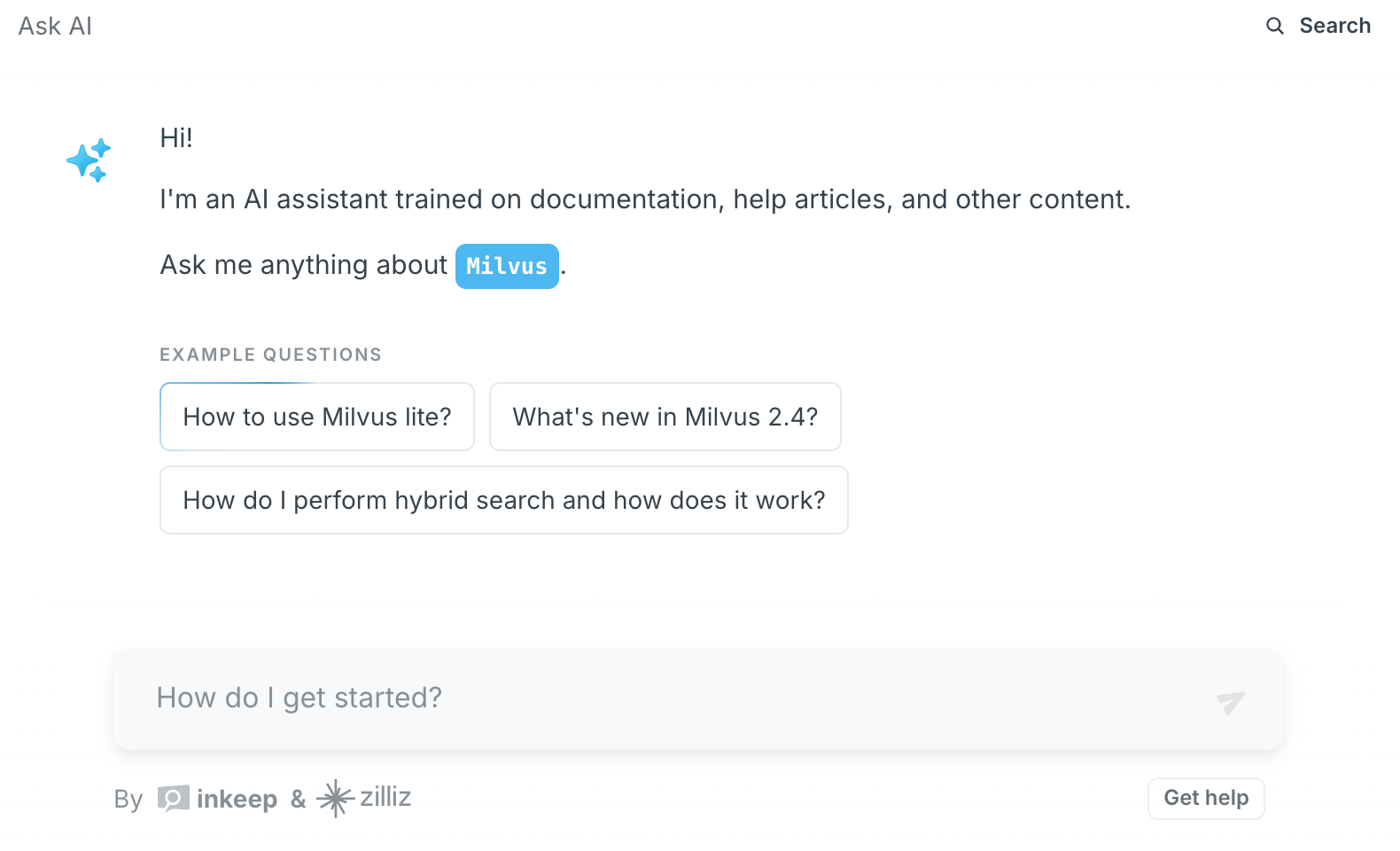The trade-off between complexity and benefit in multi-step retrieval hinges on whether the added steps meaningfully improve results enough to justify their computational and implementation costs. Multi-step approaches, such as iterative query refinement or combining multiple retrieval methods (e.g., keyword-based and vector search), often improve accuracy by addressing ambiguous queries or diverse data types. However, they introduce latency, higher resource usage, and maintenance overhead. For example, a system that first retrieves documents with keyword matching and then re-ranks them using a neural model might achieve better relevance but requires extra infrastructure and processing time. Developers must weigh these costs against the problem’s demands: if the task is simple or the data is homogeneous, the added complexity might not yield proportional gains.
Multi-step retrieval shines in scenarios where queries are ambiguous or require synthesizing information from multiple sources. For instance, in open-domain question answering, a user might ask, “How did climate policies evolve after the 2015 Paris Agreement?” A multi-step system could first retrieve broad policy summaries, then use those results to refine the query and fetch detailed reports. This iterative process helps narrow down contextually relevant answers. However, in cases where queries are highly specific or the dataset is small and well-indexed, a one-shot approach can suffice. If a developer is building a product search for an e-commerce site with clear SKU numbers, a single vector or keyword search might instantly return precise matches. Adding steps like query expansion or re-ranking would waste resources without improving accuracy.
Simplicity often wins when speed, cost, or scalability are priorities. One-shot retrieval is easier to debug, deploy, and maintain, making it ideal for applications with strict latency requirements (e.g., autocomplete suggestions) or limited computational budgets. For example, a support ticket system using pre-defined tags might rely on a single keyword search to categorize tickets, as the tags are standardized and predictable. Similarly, in a controlled environment like a company’s internal document repository with consistent terminology, a basic search could perform as well as a complex pipeline. Developers should default to simplicity unless the problem explicitly demands multi-step logic, ensuring they avoid unnecessary complexity that doesn’t translate to tangible user benefits.
